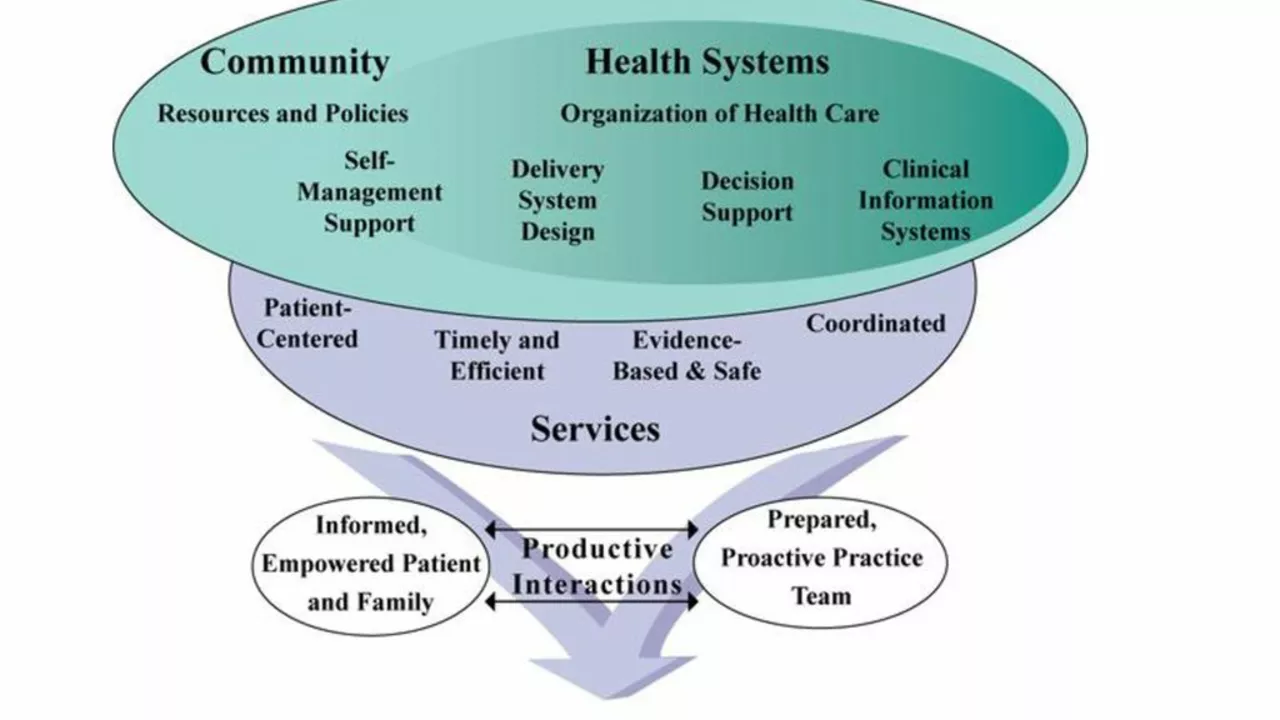Unwrapping the Libertarian Stance on Public Health
It's a typical sunny day here in Ottawa, and amidst the everyday bustle, something particularly intriguing caught my eye as I was rifling through some online health articles. It was a question about the libertarian view on public health. As a devotee of both health and politics, I can't resist but delve into this meaty matter. Let's dive into the depths of libertarianism and figure out their stance on public health.
Now, for those of you who may be new to the world of political ideologies, let's quickly break down libertarianism. A political philosophy that champions maximum personal autonomy, libertarianism urges minimized government intervention, strict property rights, and freedom of choice. And trust me, when I say minimal, I really mean minimal. Libertarians would rather the government take a step back and get out of the nitty-gritty of people’s lives. If my son Lachlan had it his way, he would be a libertarian solely to justify eating ice cream for breakfast every day. But political ideologies are not that simple, are they?
Health Care Through a Libertarian Lens
Naturally, a philosophy that champions minimal government intervention has profound implications for areas like public health and healthcare. I mean, don't we all remember the times we've cursed at cold and flu season, or the time we had to get that wisdom tooth pulled? Health is an all-consuming aspect of our lives, and the way it's managed (or not managed) can greatly impact our daily routines. As per the libertarian ideology, healthcare, like any other service, should ideally be a matter of personal choice and market forces.
Take me, for example. If I decide to swap my morning cup of joe for a green juice packed with kale, spinach, and the life-affirming goodness of chia seeds, that's my personal health choice, right? Similarly, if I need to go get a check-up, it's on me to decide the best course of action. Libertarians argue that healthcare should not be provided or regulated by the government, but left to the free market. As such, healthcare would be a service where citizens could make decisions based on their needs, resources, and preferences. Not everyone wants to down green juice for breakfast, and that’s okay!
Herd Immunity and Personal Liberty
Now let's dive into the controversial issue of herd immunity. This is where the libertarian viewpoint sparks ample debate, especially in the face of a public health crisis like a pandemic. (Without being too dramatic, think Spanish flu or, more recently, COVID-19.) In such situations, public health experts emphasize the importance of achieving herd immunity—where a large proportion of the population is immune to a disease, thereby offering some protection to those who are not. Vaccinations can help achieve this.
Libertarians, however, view mandatory vaccinations as an infringement on personal liberties, creating a potential tension between public health and individual freedom. They argue that while vaccines can be beneficial, it should be every individual's choice to decide whether to vaccinate or not, without government interference. Families should be the ones deciding whether their kids get vaccinated, not the government, is their argument. Talks about vaccinations can get heated at my home too, especially when my kid, Lachlan, tries to wiggle out of his flu shots, arguing he has a runny nose every other month anyway. Kids, huh!
Public Health and the Call for Responsibility
The libertarian view also places a significant emphasis on personal responsibility when it comes to health. Libertarians argue that individuals will choose to lead healthier lives if they bear the costs of their unhealthy decisions, rather than passing those costs onto others via state-sponsored healthcare. If living on a diet exclusively constituted of donuts led to diet-related conditions, the resulting medical bills should fall on the individual making those lifestyle choices, they argue.
But a word of caution here: while it's easy to poke fun at unhealthy diets or question the wisdom of risky behaviors, it's also important to remember that not all health problems result from personal choices. Many are tied to genetic predispositions or conditions beyond our control. Ask me, as a guy birthing from a family where glasses are as common a trait as freckles. I couldn't dodge the sight problem curse no matter how much I protested that I ate more than my share of carrots as a kid.
On a concluding note, it's clear that the libertarian outlook on public health is firmly rooted in individual freedom and the principles of free-market capitalism. However, it also sends ripples of queries reverberating, particularly around contentious issues of herd immunity and personal responsibility. Like all political ideologies, libertarianism and its stance on public health is complex, nuanced, and perpetually open to interpretation.
And even as we part ways for today, remember that whether you stand for a larger role of the government in health care or not, health is wealth, and we ought to steward it wisely. I, for one, am headed for another glass of green juice, hoping that the gods of vision bestow their blessings on me. Wish me luck!
